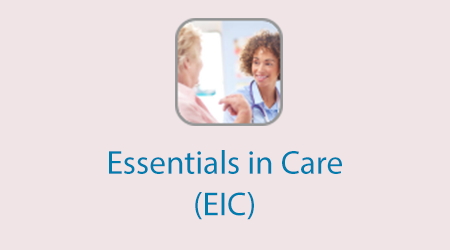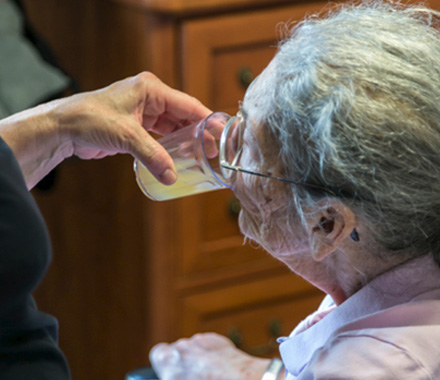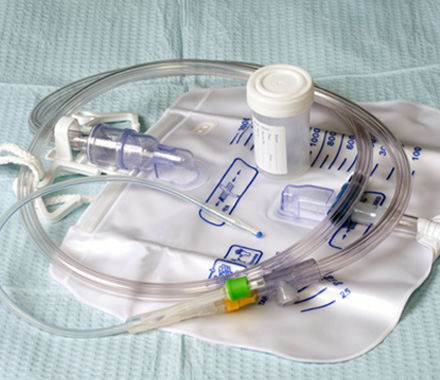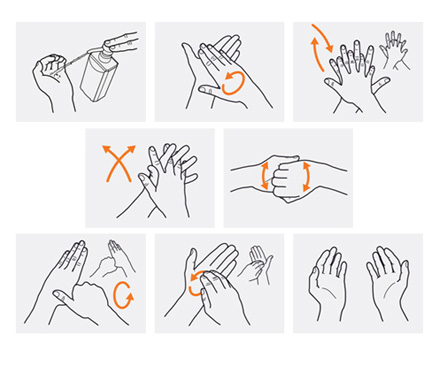About the Essentials in Care programme
Infections, falls, dehydration and/or malnutrition in the elderly leads to reduced quality of life, increased visits to the GP and more frequent hospital admissions and length of stay. The Essentials in Care elearning programme consists of three short elearning sessions designed to give frontline staff from domiciliary, community, residential and nursing homes essential knowledge in care. This resource will not only improve confidence and promote empowerment but also give staff a greater ability to intervene more effectively and to recognise early risk factors and signs of deterioration. By having some basic essential knowledge and awareness, carers and staff can make a difference.
On researching the many causes of admission to hospital for the elderly, it became apparent that causes were often not only singular. For instance, if someone was admitted following a fall, it was found that they were dehydrated, or had an infection. Carers are in a position whereby they deliver continuity in day-to-day assistance in order to meet the individual care needs of the service user/patient. They are perfectly placed to recognise the early signs of change and to provide some of the essentials in care needed to maintain health, wellbeing and quality of life.
This programme was developed as a result of funding received in order to improve quality of life and reduce potential hospital admissions.
Meet the team

Elizabeth Burgess-Havard
Clinical Trainer, Staffordshire and Stoke on Trent Partnership NHS Trust
Neha Baj
Senior Project Manager, HEE elearning for healthcare
Stephen Gibbons
Learning Designer, HEE elearning for healthcare
Open access sessions
Please note that if you access the content below your progress and completion of sessions will not be recorded and you will not be able to generate a record of completion.
If you require evidence of learning, please register and then log in to access this programme on the elfh Hub.
-
The Nutritional and Hydration Needs of the Elderly Person
This session describes the nutritional and hydration needs of older people and offers guidance on how best to manage the risk of malnutrition and dehydration amongst the elderly.
-
Management of Incontinence and Urinary Catheters
This session explores the issues surrounding the use of indwelling urinary catheter devices. Later sections investigate the complications that may arise and offer guidance on how to care for people who suffer from incontinence.
-
Infection Prevention and Control
This session explores the issues associated with infection prevention and control, particularly those surrounding hand hygiene. Later sections identify the groups at greatest risk of harm and offer guidance on how to refer any concerns over poor practice.







